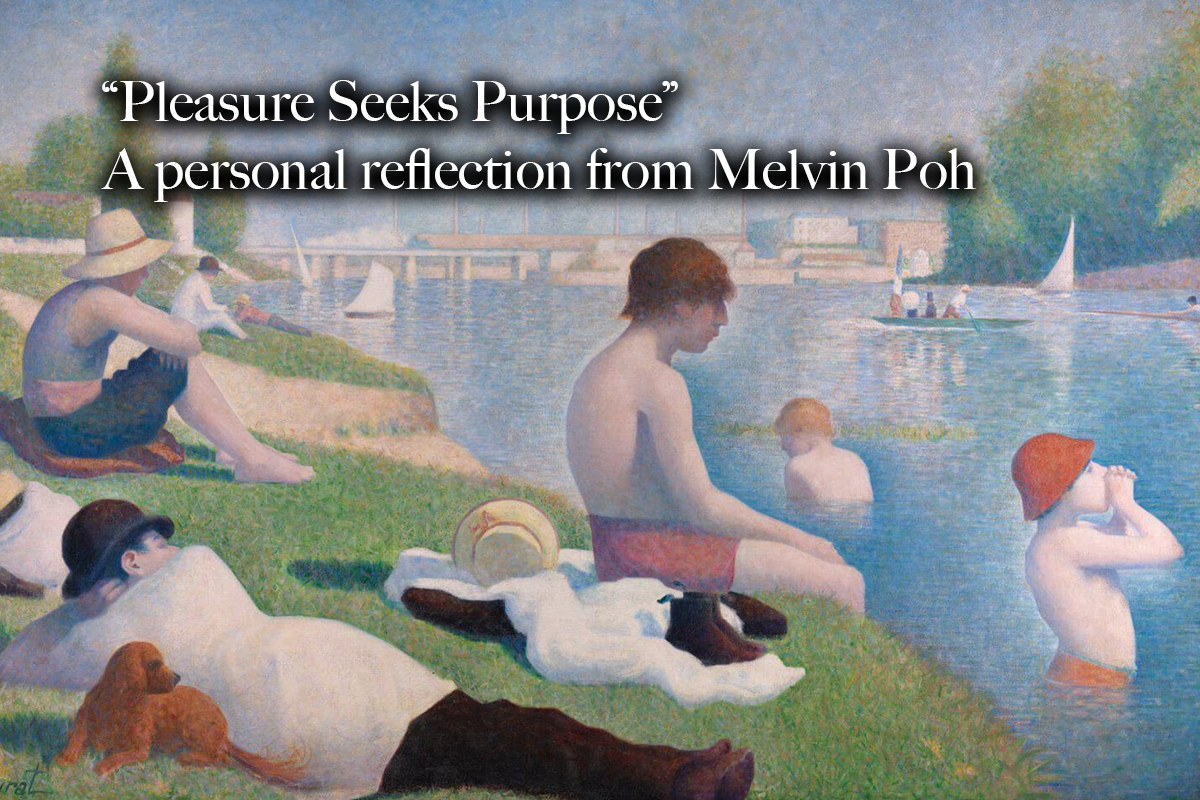
Philosophy Of Modern Relationships
In this age of instant messaging, social media, and video calls, we have more ways to connect than ever before. But do these digital connections truly fulfil our need for genuine human interaction? Today, let’s delve into the philosophical underpinnings of modern connections and what it means to bond in a world dominated by screens and bytes.
Never before in human history have we been so close, yet often felt so far apart. We can reach out to anyone across the globe in a matter of seconds. Yet, many people report feelings of loneliness and disconnection despite having hundreds of “friends” or “followers”.
Philosopher Jean-Paul Sartre’s existential musings shed light on this modern malaise. Sartre believed that true connections are formed through “being-for-others” — where one recognises and values the subjectivity and existence of the other person. In a digital era, this concept faces challenges. When our interactions are limited to texts, likes, and emojis, are we truly seeing and valuing the other as a complex, multi-dimensional human being?
Social media platforms give us the illusion of connection. We feel informed about our friends’ lives through their curated posts and stories. But how deep can this connection truly be if it’s based on filtered versions of reality? Authentic connections require authenticity—a willingness to share not just our highlights but also our vulnerabilities and imperfections.
Erich Fromm, in his seminal work “The Art of Loving,” argued that love (and by extension, true connection) involves active, genuine concern for another’s well-being. Digital interactions often lack this depth, reducing relationships to superficial exchanges that can’t replace face-to-face conversations filled with empathy and understanding.
Navigating modern connections also involves ethical considerations. Philosopher Martin Buber introduced the concept of “I-Thou” and “I-It” relationships. In an “I-Thou” relationship, we treat others as ends in themselves, with dignity and respect. Conversely, “I-It” relationships reduce others to objects or means to an end.
In the realm of digital interactions, it’s easy to fall into the “I-It” trap, especially when people become statistics—likes, comments, or views. Maintaining ethical digital etiquette means engaging meaningfully and treating every online interaction as an encounter with another human soul, deserving of respect and consideration.
The philosopher Simone Weil once remarked, “Attention is the rarest and purest form of generosity.” In our modern world, where distractions are just a notification away, genuine attention has become a rare commodity. True connection demands presence—mindful engagement without the distractions of multitasking.
Turning off notifications during conversations, whether digital or face-to-face, and fully focusing on the other person can greatly enhance the quality of our interactions. It’s this mindful presence that fosters a deeper bond.
Now, let’s consider the philosophy of digital minimalism, popularised by contemporary thinkers like Cal Newport. Digital minimalism isn’t about rejecting technology but about using it intentionally and sparingly. It’s the idea that by focusing on fewer, more meaningful connections, we can cultivate richer relationships.
Let’s consciously choose the social media platforms and digital interactions that add value to our lives and let go of those that drain our time and energy without truly nurturing our souls. It’s not about quantity but about the quality of our connections.
Authentic connections are built on shared experiences, trust, and deep mutual understanding. While digital communication offers convenience, we must strive to bring the richness of face-to-face interaction into the virtual world.



